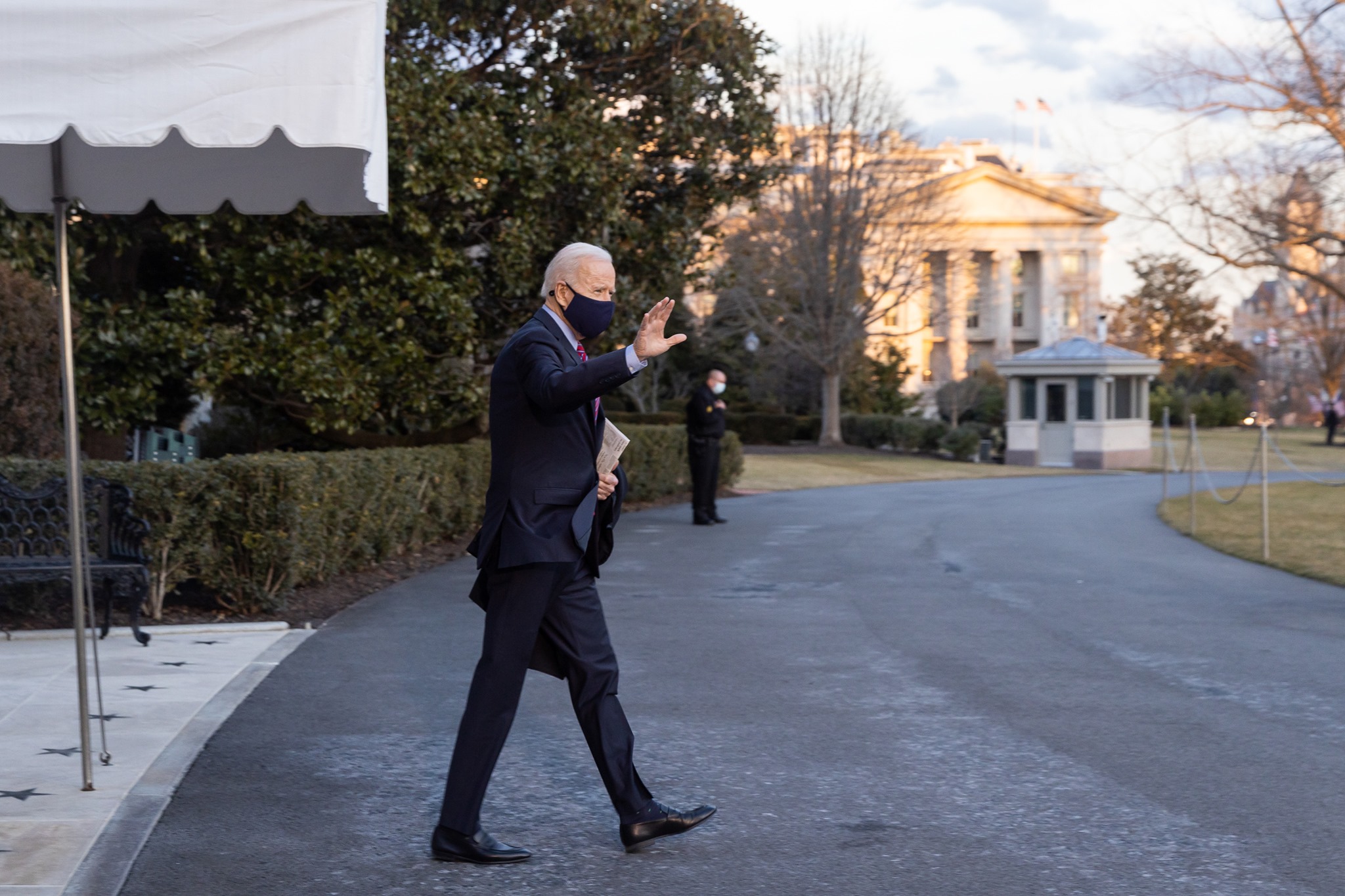Executive
If You Didn’t Like the First Term, Just Wait for the Second
Either Donald Trump or Joe Biden will be running a second term, which, traditionally in American politics, is cursed.

Second presidential terms are like half-chewed gum – the zest and flavor are gone. Hence the phrase “second-term curse.” We’ve had 17 presidents who were elected and reelected. History shows us that the second act usually falls short.
Why is this? For starters, popular mandates tend to dissipate over time, and public familiarity tends to curdle into boredom or contempt. Second terms often lack purpose and are tarnished by missteps, scandals, and hubris. Usually, the best presidential appointments are made in the first term.
If either Joe Biden or Donald Trump is nominated, no matter which one wins the general election, we’re in for a second term in January 2025. Sharply negative views have already accumulated around both men; neither would have the benefit of a truly fresh start.
While Trump’s second term would be nonconsecutive, the first since Grover Cleveland’s, it would still fit within the second-term paradigm, especially if he uses it to exact revenge on his enemies, as some pundits predict.
Either Biden or Trump would start a second term as a lame duck and may have to battle impeachment, probably for things done in the first term. Old cuts and scars will deepen alongside new wounds. Trump will have criminal trials on his docket and may try to pardon himself, which could launch a long, bruising court fight. Biden will likely face investigations into a range of matters, including his son’s business dealings.
During Thomas Jefferson’s first four years, he doubled the size of our young nation with the Louisiana Purchase, the shrewdest real estate deal in history. The Embargo Act, which devastated a fragile economy, came in his second term.
Grover Cleveland’s first term ushered in good government reforms. He opposed the spoils system, created the Interstate Commerce Commission, and modernized the Navy. Although he won the popular vote for reelection, he lost the Electoral College vote. Four years later, he won a second, nonconsecutive term, which was overwhelmed by two economic depressions and numerous labor strikes.
Woodrow Wilson’s first term was marked by the passage of significant economic reforms. His second was dominated by World War I, which he promised to avoid, and the attempted ratification of his beloved League of Nations, which he fumbled. He also suffered a severe stroke, incapacitating him during the last 16 months of his presidency.
Franklin Roosevelt took on the Great Depression during his first four years. Social Security, immense public works, bank deposit insurance, labor laws, securities regulation, and rural electrification became realities. His second term started with the botched attempt to “pack” the Supreme Court, followed by another economic downturn and a clumsy bid to purge the Democratic Party of New Deal skeptics. Of Roosevelt’s four terms, his mistake-prone second, most historians agree, was least impressive. His third was consumed by World War II, and the fourth lasted less than three months.
Richard Nixon’s top foreign policy achievements occurred during his first term. His second term was engulfed by Watergate, and that led to an inglorious resignation.
Ronald Reagan’s course correction for America happened mostly during his first term: renewing national confidence, reducing taxes and spending, fighting inflation, building up the military, and breaking the PATCO strike. While his second term set the stage for the collapse of the Soviet Union, it was distracted by the Iran-Contra affair.
Bill Clinton’s first term set into motion economic policies that would carry his presidency. This provided second term cushion – although a big chunk was squandered on the Monica Lewinsky scandal and impeachment.
George W. Bush’s first four years were momentous: responding to the 9/11 terrorist attacks, launching wars in Afghanistan and Iran, and passing big tax cuts. It was in his second term when the bungling of Hurricane Katrina’s aftermath wrecked his administration’s reputation for competence, and that, in turn, poisoned perceptions of his war management.
In his first term, Barack Obama passed Obamacare and major economic stimulus programs. Osama bin Laden was also captured and killed. His second term focused on fixing Obamacare and trying to sell a range of policies, domestic and foreign, that never won much public confidence.
If either Biden or Trump wins, we’ll have a second-term presidency. As The Old Philosopher, Eddie Lawrence, might have said, “Something else to look forward to, hey Bunkie?”
Ron Faucheux is a nonpartisan political analyst. He publishes LunchtimePolitics.com, a public opinion newsletter, and is the author of “Running for Office,” a tell-all book for political candidates.
-

 Accountability2 days ago
Accountability2 days agoWaste of the Day: Principal Bought Lobster with School Funds
-

 Constitution2 days ago
Constitution2 days agoTrump, Canada, and the Constitutional Problem Beneath the Bridge
-

 Executive20 hours ago
Executive20 hours agoHow Relaxed COVID-Era Rules Fueled Minnesota’s Biggest Scam
-

 Civilization20 hours ago
Civilization20 hours agoThe End of Purple States and Competitive Districts
-

 Civilization4 days ago
Civilization4 days agoThe devil is in the details
-

 Civilization3 days ago
Civilization3 days agoThe Conundrum of President Donald J. Trump
-

 Executive4 days ago
Executive4 days agoTwo New Books Bash Covid Failures
-

 Executive4 days ago
Executive4 days agoThe Israeli Lesson Democrats Ignore at Their Peril






